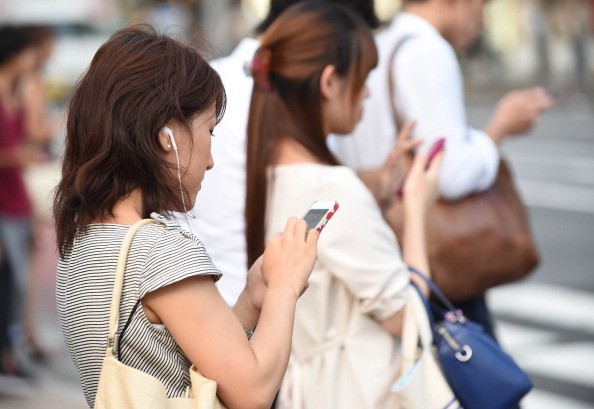The Federal Communications Commission (FCC) updates its anti-robocall rules to protect consumers from surprise charges and promote ID authentication. Previously, the agency required all phone companies and carriers to adapt STIR/SHAKEN protocol by June 30, 2021, to fight against the increasing number of robocalls.

Right now, FCC announced new guidelines to clarify carriers' obligations about the technology's implementation. One of the agency's goals is to prevent companies from suddenly charging their customers.
Specifically, the new anti-robocall rules prevent voice service providers from adding line-item charges to their bills for caller ID authentication service. FCC also requires phone companies across the United States to upgrade their networks if they currently can't implement the STIR/SHAKEN policy; an Internet Protocol standard for IP-based networks.
If the voice service providers fail to do so, they'll have to develop a non-IP caller ID authentication solution. However, FCC also gave limited extensions to those small companies that could not adopt the technology yet, as long as they implement robocall mitigation programs.
This would help combat robocalls even from networks that are not yet capable of participating in STIR/SHAKEN protocol.
Two or more robocalls a day is normal in some parts of the United States
According to USA Today's previous report, U.S. citizens received a total of 58.5 billion robocalls in 2019, which is a 22% increase from 2018.
"We've now had well over 100 billion robocalls in the past two years," said Alex Quilici, the CEO of YouMail, a company that provides a service to block robocalls and other messages alike.

"It's no wonder that an anti-robocall bill passed Congress overwhelmingly and was signed by the president on Dec. 31, 2019," he added.
The STIR/SHAKEN policy was created to help voice service providers verify if a call is legitimate before reaching the consumers. This could reduce the effectiveness of illegal spoofing, which is robocallers' technique to fool the users into believing that they're taking calls from someone in their area or even a government agency.
For more news updates about FCC's anti-robocall guidelines, always keep your tabs open here at TechTimes.
This article is owned by TechTimes,
Written by: Giuliano de Leon.
ⓒ 2025 TECHTIMES.com All rights reserved. Do not reproduce without permission.




